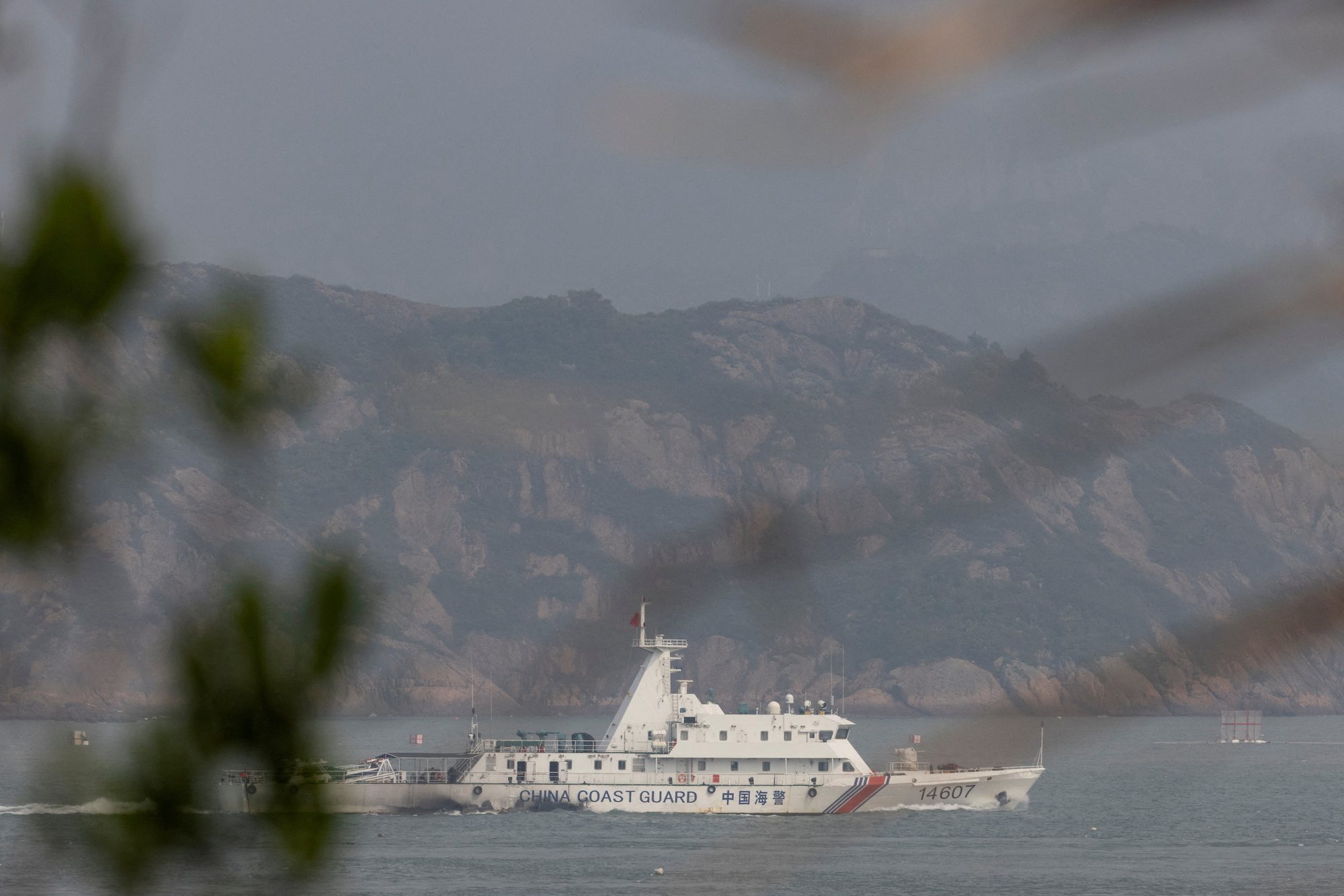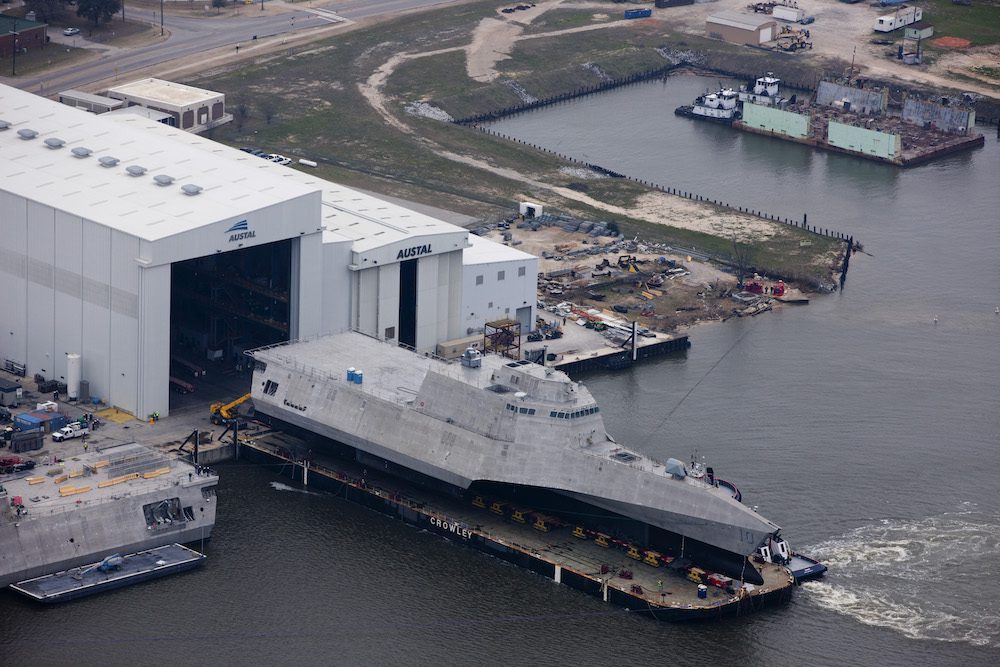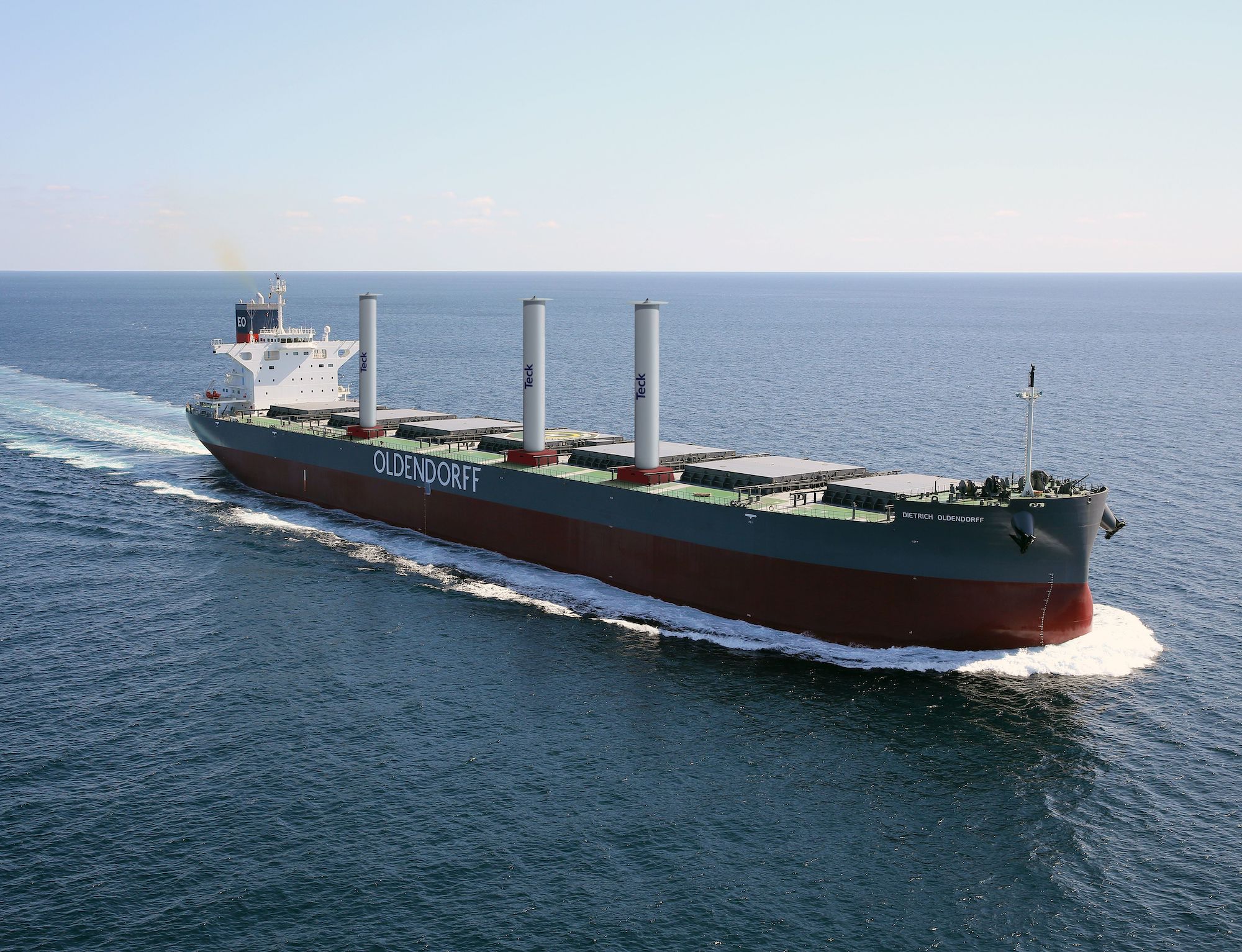(Bloomberg) — Gulf of Mexico fisheries are rebounding from the BP Plc oil spill, landing more fish last year than in 2009, the year before the worst U.S. offshore marine disaster, the government said.
The total Gulf catch was 25 percent bigger last year than in 2009, 55 percent more than in 2010 and the largest since 1999, the National Marine Fisheries Service said today in a report. In April 2010, the Deepwater Horizon oil rig exploded, killing 11 workers and triggering a spill the government estimated at more than 4 million barrels.
“Our fisheries are on the way up,” Harlon Pearce, chairman of the Louisiana Seafood Promotion and Marketing Board, said in an interview. Some species are doing better than others, and the industry will “need another year or two of stabilization” before it’s back completely, he said.
The disaster hurt fisheries that last year provided about a fifth of the seafood landed by U.S. fishermen, a catch valued at a record $5.3 billion, according to the report. The country’s haul was the biggest in volume since 1994. The U.S. is the world’s fifth-biggest fishing nation, after China, India, Indonesia and Vietnam.
The 2011 catch from Gulf states totaled 1.984 billion pounds, up from 1.283 billion in 2010 and 1.583 billion in 2009, the National Marine Fisheries Service, a unit of the National Oceanic and Atmospheric Administration, said in the report. Landings of menhaden, a fish used mainly for oil and meal, were up 66 percent over 2010. That species accounted for much of the Gulf’s growth, while oysters, crabs and shrimp still haven’t bounced back from pre-spill levels, Pearce said.
Report Challenged
Dean Blanchard, chief executive officer of Dean Blanchard Seafood Inc., a shrimper based in Grand Isle, Louisiana, said the government statistics are misleading and fail to tell the tale of individual operations. Fishing operations are constrained by geography, because going greater distances to find fish raises transportation costs and eats profits, he said.
The company is suing BP, claiming its settlement offer comes nowhere near meeting the needs of those most affected by the spill.
London-based BP agreed in March to pay an estimated $7.8 billion to resolve most private plaintiffs’ claims for economic loss, property damage and injuries. The company declined to comment on today’s report.
“We’re not recovering. Where the oil went, there’s nothing left living,” Blanchard said in a telephone interview. “I’m losing customers. I’m just stuck.” Blanchard called the proposed settlement “a joke” and said his catch is about 10 percent to 15 percent of normal.
Large amounts of weathered oil and tar that washed up last month after Hurricane Isaac came ashore along the Gulf Coast show that the spill is still affecting the region, Stuart Smith, a lawyer for hundreds of property owners and fishing and tourism businesses, said last week in a letter to the U.S. magistrate judge overseeing spill litigation.
-By Alan Bjerga. Copyright 2012 Bloomberg.
Unlock Exclusive Insights Today!
Join the gCaptain Club for curated content, insider opinions, and vibrant community discussions.

 Join The Club
Join The Club



![U.S. Gulf Fisheries Rebounding Post Spill [REPORT]](https://gcaptain.com/wp-content/uploads/2012/09/shutterstock_92023049.jpg)









